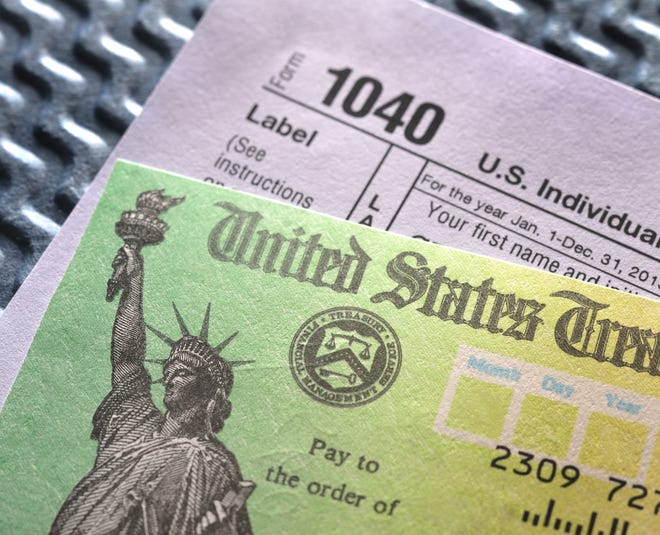The $ 3.5 trillion reconciliation bill debated by Congress could include a bitter pill for the municipal bond market in the form of a 3% surtax on high income that applies to tax-exempt income .
The provision would essentially function as a cap on tax-exempt income, a measure long feared by the municipal market, said Vikram Rai, head of Citi’s municipal strategy group, who noted the proposal in a weekly report released yesterday.
Rai said the definitions in the proposal remain unclear – particularly the definition of Modified Adjusted Gross Income, or MAGI – but that, based on Citi’s interpretation, the 3% surtax would likely apply to income from individuals. tax-exempt coupons.
“It flies under the radar, and it needs to be highlighted,†Rai said. “This 3% surtax on your income dilutes the power of tax-exempt paper. If it passes, it is relatively bearish for the munis.
It is one of many municipal provisions in the much publicized $ 3.5 trillion spending program that the House is debating before sending it to the Senate. Many provisions, such as the reinstatement of tax-exempt prepayments and a direct payment bond program, would benefit the municipal market. The proposed tax increases that would pay for the legislation would also be bullish for municipalities, as they would stimulate demand for tax exemptions.
But less sympathetic is the 3% supplement. The current provision would impose a tax equal to 3% of a taxpayer’s MAGI in excess of $ 5 million, or $ 2.5 million for a married person filing separately.
The provision is expected to raise $ 131.2 billion over 10 years to help pay for the legislation, according to the Tax Foundation.
Citi interprets MAGI as the sum of the adjusted gross income on the federal income tax return; tax-free social security benefits; foreign income excluded; and interest tax exempt.
“It is our understanding, but the definitions are not clear,†said Rai.
Regarding the pro-municipal provisions of the reconciliation bill, Rai said he was skeptical that they would end up being passed.
The bill’s $ 3.5 trillion price has become the subject of debate, with key lawmakers like Sen. Joe Manchin, DW.Va., saying they want to see the cost cut in half or more. This makes the muni provisions vulnerable, Rai said.
The reinstatement of tax-exempt prepayments costs about $ 14.9 billion and the direct payment bond program costs about $ 22 billion.
“Even though we have a very diligent lobby, we have been disappointed with the end result several times in the past and the fairy tale hardly ever seems to come true,†said Rai.
 Resource KT
Resource KT


